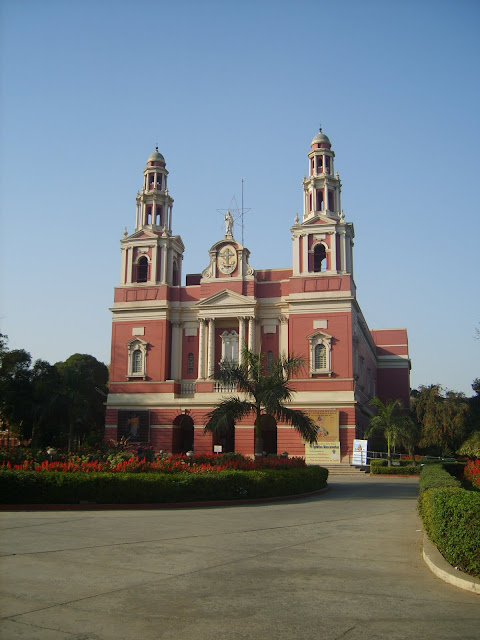Crows are usually considered to be
lowly creatures who peck around in the dirtiest of places. In Western countries
this black creature is viewed as a bad omen. But they have a friend in Krishan
Katyal, about 70 years old. You can see him on the terrace outside the ‘Indian
Coffee House’ on New Delhi’s Baba Kharak Singh Road, earlier known as Irwin
Road carrying on a conversation with the crows who flock around him in a semi-circle.
A proper meeting they hold with him every afternoon.
 |
| Krishna Katyal |
Like the crows, Katyal is dressed in a
black t-shirt, black trousers and a black cap on his head with a blue-black bag
slung around his shoulders. When I return to the terrace to wash my hands after
lunch, Katyal is still there but the crows are gone. So, I ask him about the
crows and he is soon calling them back. All he does is to reach into his bag
and take out some pieces of chicken that he flings into the air. As if by magic
the crows return as well as a kite that dives to dextrously catch a piece in
the air.

‘Indian
Coffee House’ is no stranger to meetings of all kinds. Till about
half-a-century back itfunctioned from an open park across the outer circle of
Connaught Place from Regal Cinema. Office goers of all varieties, government
and private would gather there under a huge tent (tambu) after work before
catching busses back home. Popularly known as the ‘Tambu’ Coffee House, it
gained notoriety in the years leading up to the Emergency. Many conspiracies and
machinations including political ones were fine-tuned over endless cups of South
Indian filter coffee and sandwiches. It was representation of Juergen Habermas’s
famous ‘public sphere’ in Indian democracy that was just about stumbling along
at that time. Not surprisingly, ‘Tambu’ Coffee House fell to Mrs. Indira Gandhi’s
‘baate kam, kaam zyadaa’ (less talk, more work) slogan of the Emergency. To put
an end to the ‘zyadaa baaten’, ‘Tambu’ Coffee House was shifted to a far less
accessible second floor of Mohan Singh Place between Rivoli Cinema and Hanuman
Mandir where it became plain ‘Indian Coffee House’.




